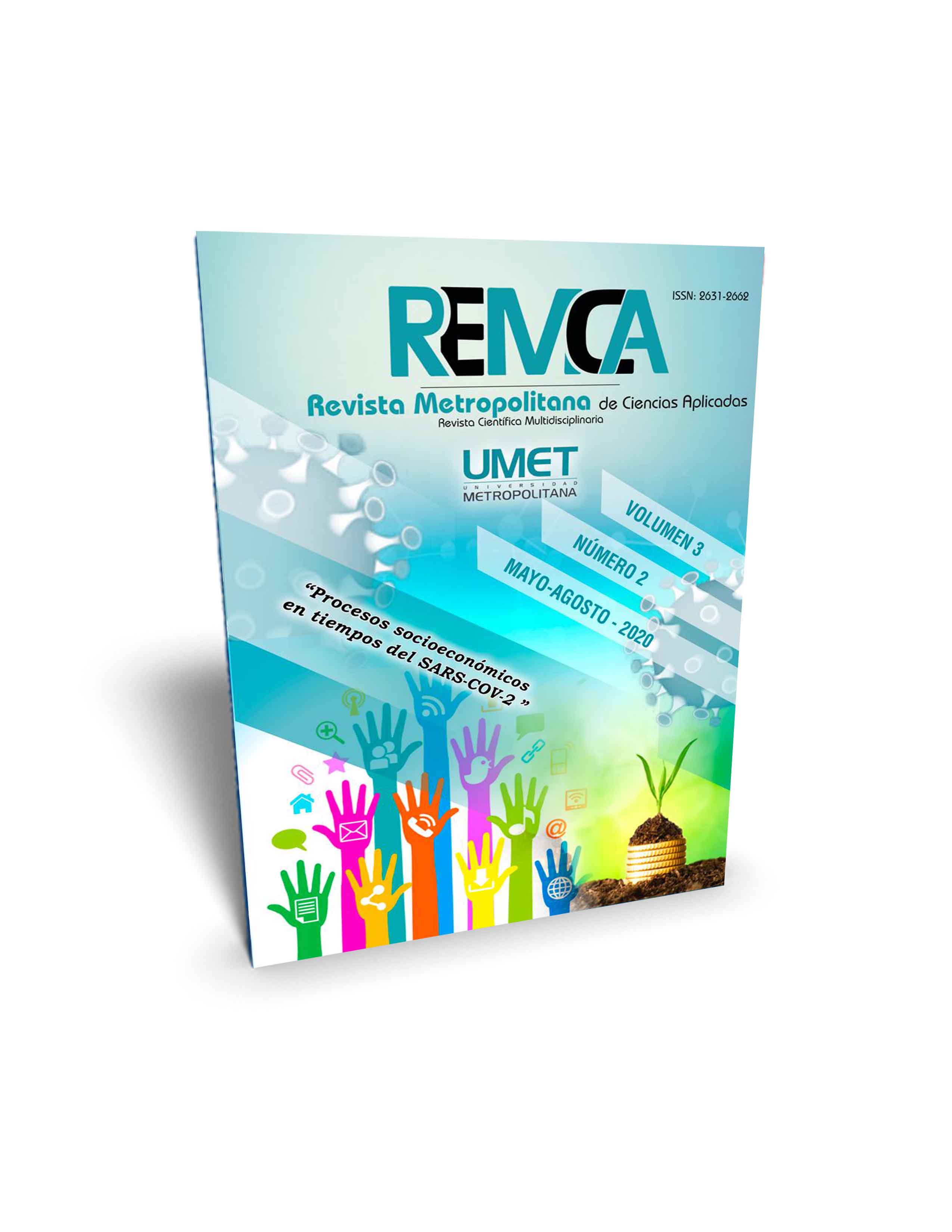Traditional experience with a new approach to recover the nature of Physics
DOI:
https://doi.org/10.62452/rwv77w82Keywords:
Nature of Physics, problem solving, experimental activityAbstract
Recover the nature of Physics through designing an approach that promotes the integration of qualitative and quantitative understanding of the phenomenon that is studied in the context of a classical experience, in an environment of continuous interaction between peers. The research carried out a case study. The result was a more integrative and current approach to teaching, the study of the upward movement of a body on a ramp of an inclined plane. What calls a redesign of the curricula open to real and credible problems, rather than a list of contents.
Downloads
References
Acevedo-Díaz, J. A., Vázquez-Alonso, Á., Manassero-Mas, M. A., & Acevedo-Romero, P. (2007). Consensos sobre la naturaleza de la Ciencia: Fundamentos de una investigación empírica. Revista Eureka sobre Enseñanza y Divulgación de las Ciencias, 4(2), 202-225.
Carrascosa, J., Gil Pérez, D., & Vilches, A. (2006). Papel de la actividad experimental en la educación científica. Caderno Brasileiro de Ensino de Física, 238(2), 157-181.
De Pro, A. (2013). Enseñar Procedimientos: por qué y para qué. Alambique Didáctica de las Ciencias Experimentales, 73, 69-76.
Fernández, B. (2004). El desarrollo de las Ciencias Exactas en Panamá en el primer centenario de la Republica (1903-2003), en Panamá: Cien años de República. Editorial Universidad de Panamá.
Gil Pérez, D., & González, E. (1993). Las prácticas de laboratorio de Física en la formación del profesorado. Un análisis crítico. Revista Enseñanza de la Física, 6 (1), 47-61.
Jaime, E. A., & Escudero, C. (2011). El trabajo experimental como posible generador de conocimiento en enseñanza de la Física. Enseñanza de las Ciencias, 29(3), 371–380.
Mcdonnell, A., Jones, M. l., & Read, S. (2000). Practical considerations in case study research: the relationship between methodology and process. Journal of Advanced Nursing 32(2), 383 – 390.
Open Source Physics. (2019). Tracker Video Analysis and Modeling Tool for Physics Education. https://physlets.org/tracker/
Perren, M. A., Bottani, E. J., & Odetti, H. S. (2004). Problemas cuantitativos y comprensión de conceptos. Enseñanza de las Ciencias, 22(1), 105-114.
Real Academia Española. (2006). Diccionario de la Lengua Española. Espasa Calpe.
Stake, R. E. (1998). Investigación con estudios de casos. Ediciones Morata.
Vasilief, I. (2019). The QtiPlot Handbook. https://www.qtiplot.com/doc/manual-en/index.html
Vázquez Bernal, B., Jiménez-Pérez, R., Mellado Jiménez, V., & Martos Carrasco, M. (2009). Formación y Enseñanza de las Ciencias. Estudio de caso de una profesora de Ciencias de Secundaria. Revista Electrónica. Interuniversitaria de Formación del Profesorado, 12(3), 99-109.
Downloads
Published
Issue
Section
License
Copyright (c) 2020 Omayra Janeth Pérez Castro (Autor/a)

This work is licensed under a Creative Commons Attribution-NonCommercial-ShareAlike 4.0 International License.
Authors who publish in Revista Metropolitana de Ciencias Aplicadas (REMCA), agree to the following terms:
1. Copyright
Authors retain unrestricted copyright to their work. Authors grant the journal the right of first publication. To this end, they assign the journal non-exclusive exploitation rights (reproduction, distribution, public communication, and transformation). Authors may enter into additional agreements for the non-exclusive distribution of the version of the work published in the journal, provided that acknowledgment of its initial publication in this journal is given.
© The authors.
2. License
The articles are published in the journal under the Creative Commons Attribution-NonCommercial-ShareAlike 4.0 International License (CC BY-NC-SA 4.0). The terms can be found at: https://creativecommons.org/licenses/by-nc-sa/4.0/deed.en
This license allows:
- Sharing: Copying and redistributing the material in any medium or format.
- Adapting: Remixing, transforming, and building upon the material.
Under the following terms:
- Attribution: You must give appropriate credit, provide a link to the license, and indicate if any changes were made. You may do this in any reasonable manner, but not in any way that suggests the licensor endorses or sponsors your use.
- NonCommercial: You may not use the material for commercial purposes.
- ShareAlike: If you remix, transform, or build upon the material, you must distribute your creation under the same license as the original work.
There are no additional restrictions. You may not apply legal terms or technological measures that legally restrict others from doing anything the license permits.




